Looking for Best Business Books?
Here we are with top 10 business books every entrepreneur must read in 2024 to elevate their game in Business .The right books can help entrepreneurs refine their vision, improve their leadership skills, and navigate challenges with confidence.
By delving into the wisdom of successful business leaders and innovators, entrepreneurs can gain the tools needed to innovate, grow, and thrive in their ventures.
If you are starting with reading Business Books and want to know the right method to read them refer to this article by Harvard Business School –
:https://hbr.org/2023/05/how-to-read-a-business-book
1.”Atomic Habits” by James Clear
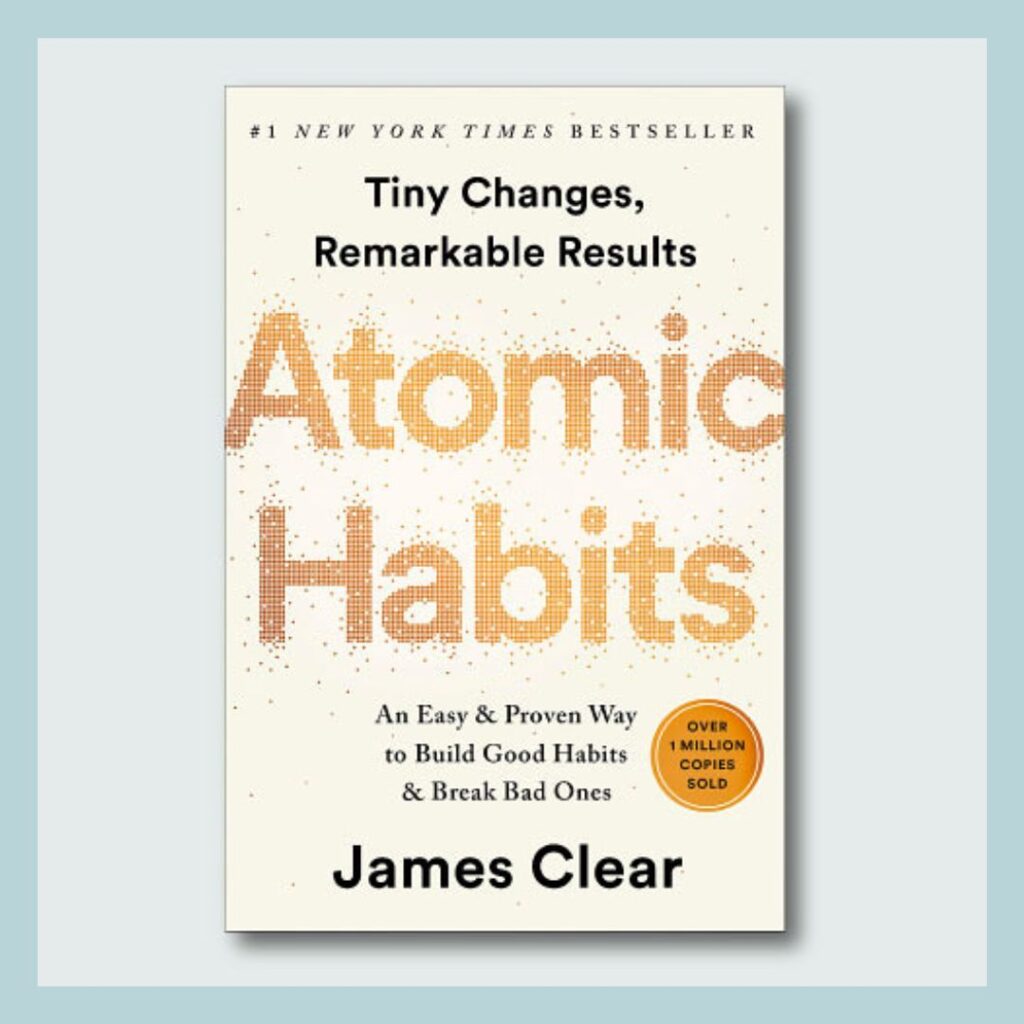
James Clear’s “Atomic Habits” focuses on the power of small, consistent changes to build good habits and break bad ones.
It is a powerful guide for entrepreneurs aiming to build successful businesses through the power of small, incremental changes. Clear emphasizes that habits are the compound interest of self-improvement, and by making tiny adjustments consistently, people can achieve remarkable results over time.
Key takeaways:
1.The 1% rule: It highlights the impact of improving just 1% each day that compounds to being 365 times better at the end of the year.
2.The four laws of behavior change: make it obvious, make it attractive, make it easy, and make it satisfying. Entrepreneurs can apply these principles to develop productive routines, enhance their efficiency, and create a sustainable path to business growth and personal development.
You can also read the summary in Clear’s own words–
https://jamesclear.com/atomic-habits-summary
2.”The Lean Startup” by Eric Ries
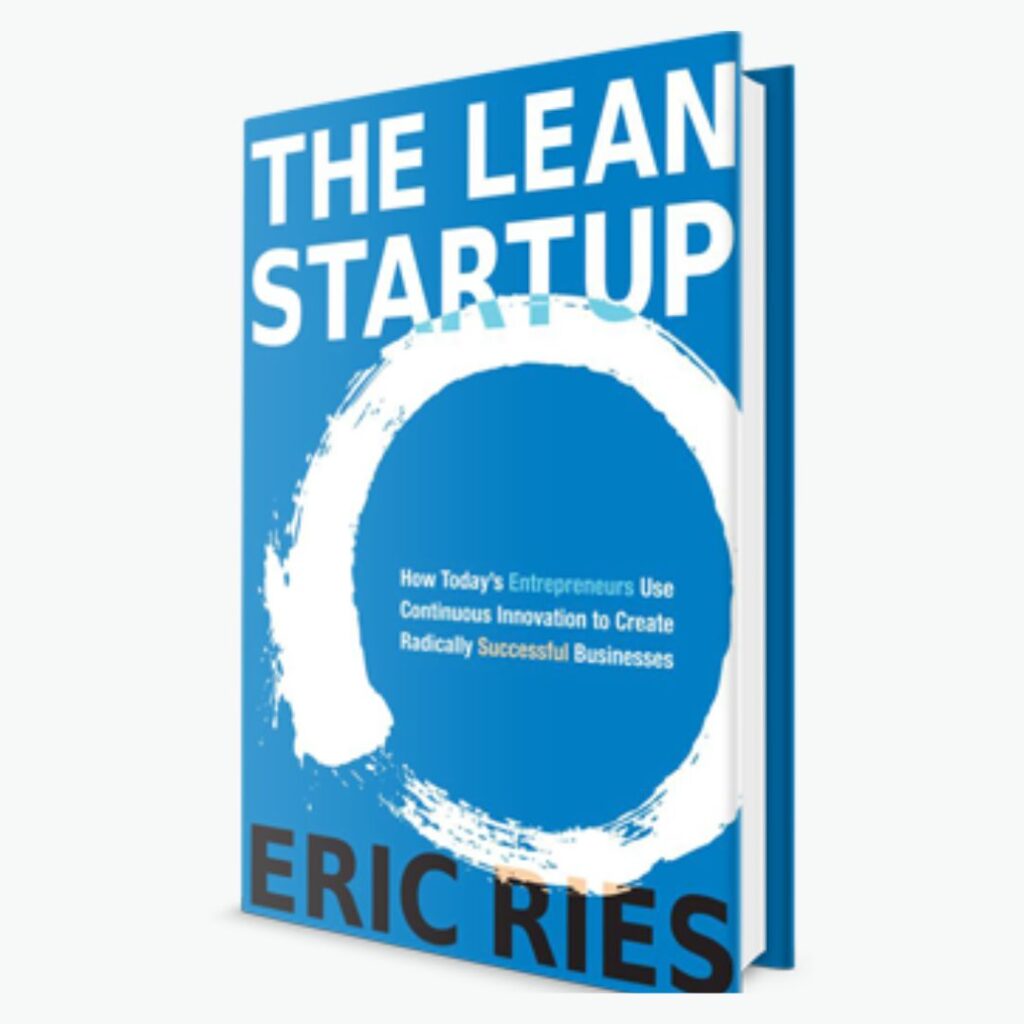
“The Lean Startup” by Eric Ries offers a revolutionary approach to building and managing startups by advocating for rapid experimentation, validated learning, and iterative product development. This methodology helps entrepreneurs minimize waste, efficiently allocate resources, and swiftly pivot based on customer feedback.
Key Takeaways:
1.Validated Learning: Focus on gaining insights through constant testing and feedback.
2.Build-Measure-Learn: Develop products in small increments to test hypotheses and learn quickly.
3.Minimum Viable Product (MVP): Launch with a simplified version of the product to gather maximum validated learning with minimal effort.
4.Pivot or Persevere: Use data-driven decisions to either pivot in a new direction or persevere on the current path.
By implementing these principles, entrepreneurs can increase their chances of creating successful, sustainable businesses.
You can also Read summary of the book to get a hang of its content-
https://alumni.lincolncollege.ac.uk/files/2016/11/The-Lean-Startup-by-Eric-Ries-Book-Summary.pdf
3.“Rich Dad Poor Dad” by Robert Kiyosaki
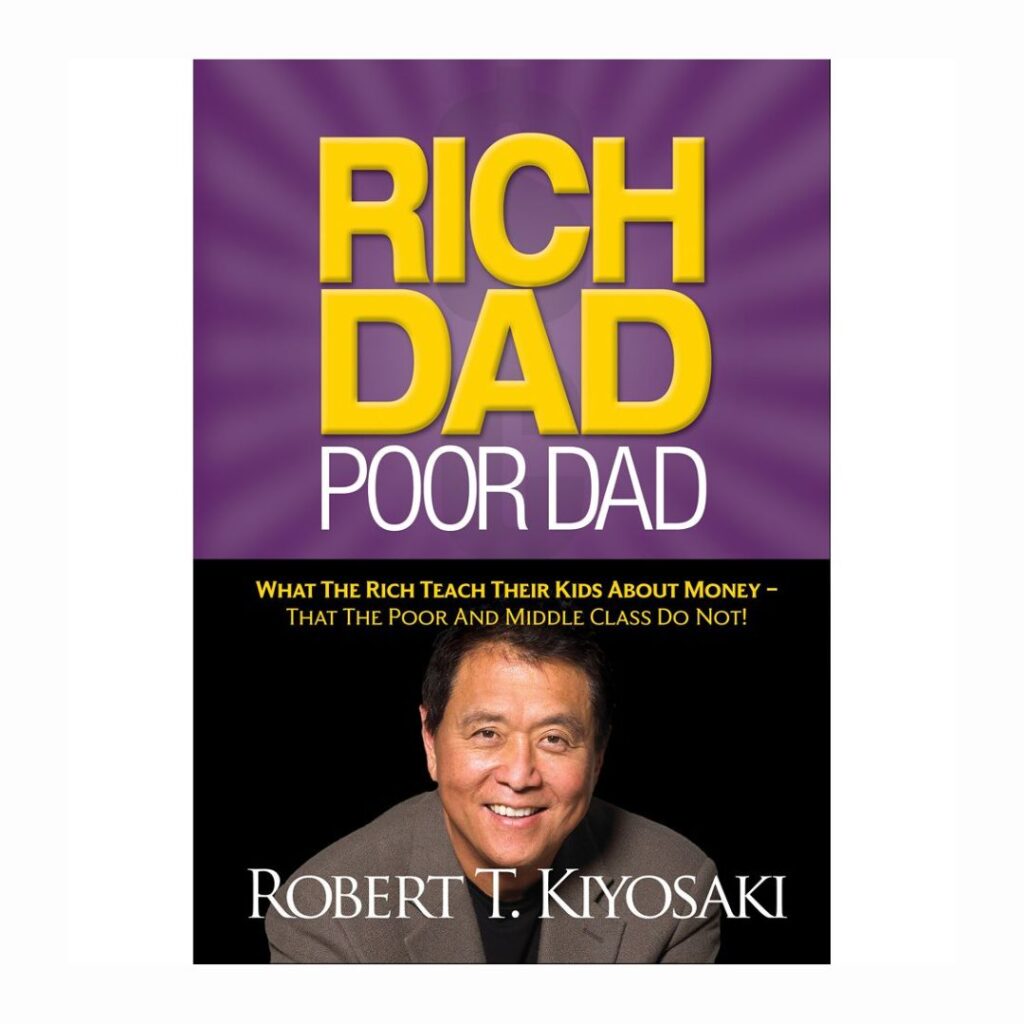
“Rich Dad Poor Dad” by Robert Kiyosaki offers valuable lessons for entrepreneurs by contrasting the financial philosophies of his “rich dad” and “poor dad.” The book emphasizes the importance of financial education, investing, and thinking differently about money.
Key Takeaways:
1.Assets vs. Liabilities: Understand the difference and focus on acquiring assets.
2.Financial Education: Continuously educate yourself about money management and investments.
3.Entrepreneurial Mindset: Think like an entrepreneur, seeking opportunities for passive income.
4.Overcoming Fear: Learn to take calculated risks and not fear failure.
These insights can guide entrepreneurs toward smarter financial decisions and long-term success.
To read the key points click on the link below-
https://sakshikumari204.medium.com/book-summary-6-rich-dad-poor-dad-by-robert-kiosaki-87cd5b2ff0c
4.”Start With Why” by Simon Sinek
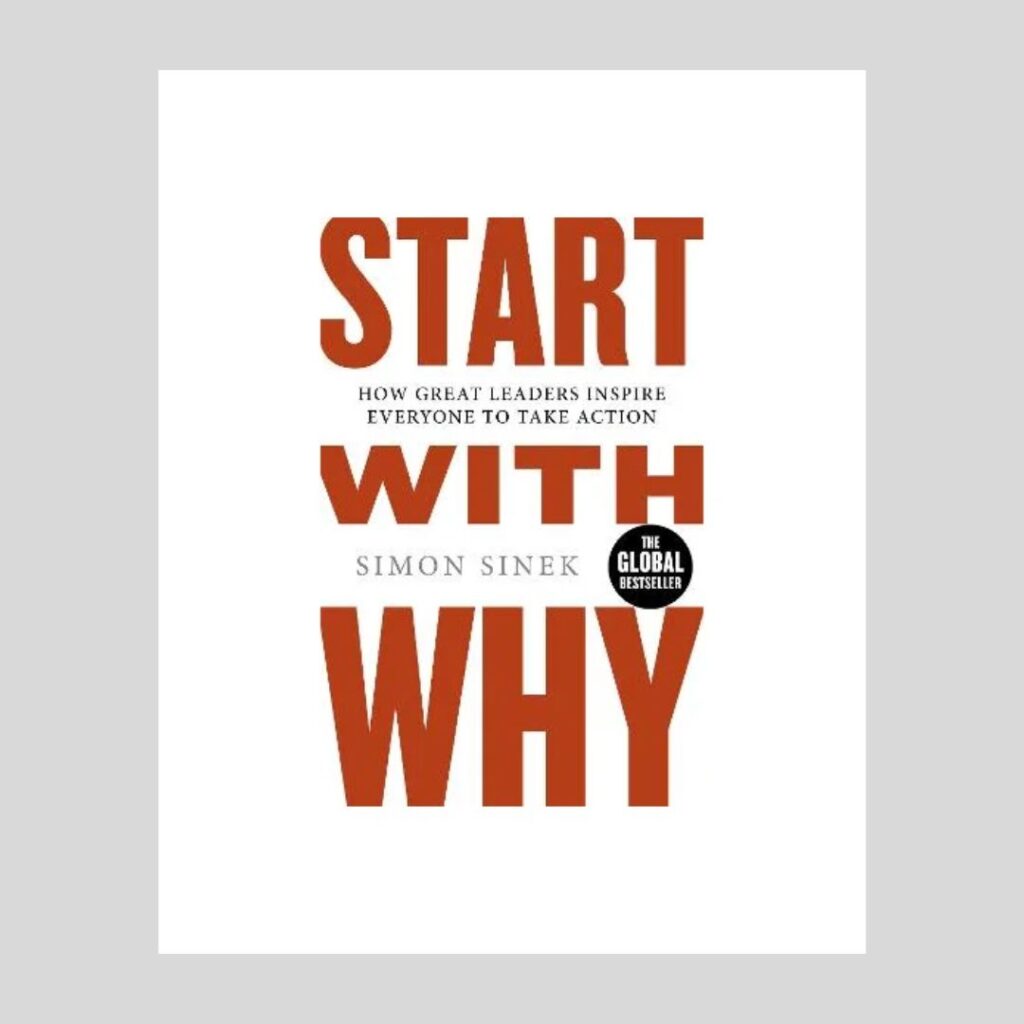
“Start With Why” by Simon Sinek is a powerful guide for entrepreneurs, emphasizing the importance of understanding and articulating the fundamental purpose behind their business. Sinek’s Golden Circle model—Why, How, What—teaches entrepreneurs to start with “Why,” the core belief that drives their actions. By clearly communicating their “Why,” entrepreneurs can inspire employees, attract loyal customers, and differentiate themselves in the market.
Key Takeaways:
1.Golden Circle Model: Focus on “Why” before “How” and “What.”
2.Inspiration Over Manipulation: Inspire through purpose rather than using tactics like discounts.
3.Loyalty and Trust: Build deeper connections with customers and employees by aligning with their values.
Read the book’s summary by clicking on link below-
https://www.samuelthomasdavies.com/book-summaries/business/start-with-why/
5.”Good to Great” by Jim Collins
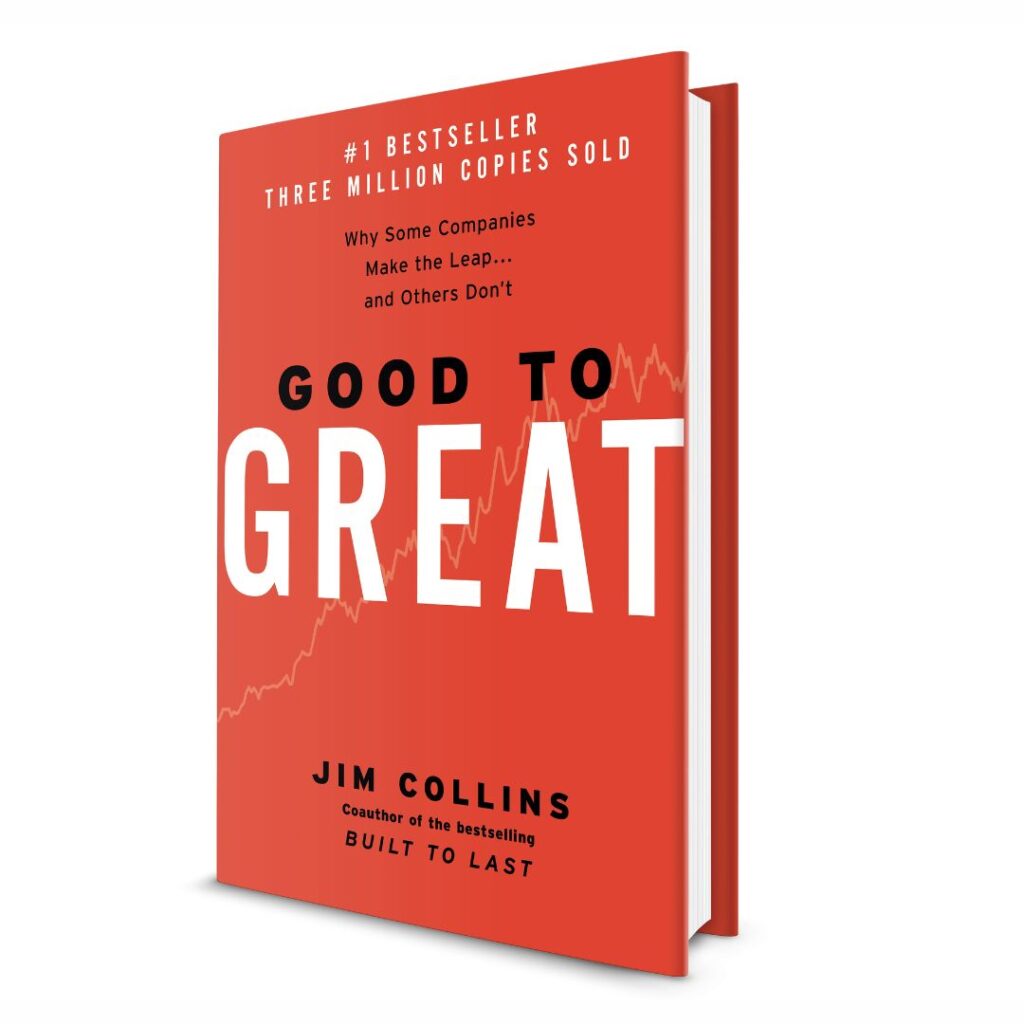
“Good to Great” by Jim Collins is a transformative guide for entrepreneurs seeking sustained success. Collins’ research reveals how companies transition from good to great through disciplined people, thought, and action.
Key takeaways:
1.The Hedgehog Concept: Emphasizing focus on what you can be best at.
2. Level 5 Leadership: Highlighting humility and will.
3. The Flywheel Effect: Showing the power of incremental gains.
Entrepreneurs can apply these principles to build a strong, resilient business, foster effective leadership, and achieve lasting competitive advantage.
Know more about the book by clicking below-
https://fourminutebooks.com/good-to-great-summary/
6.”Zero to One” by Peter Thiel with Blake Masters
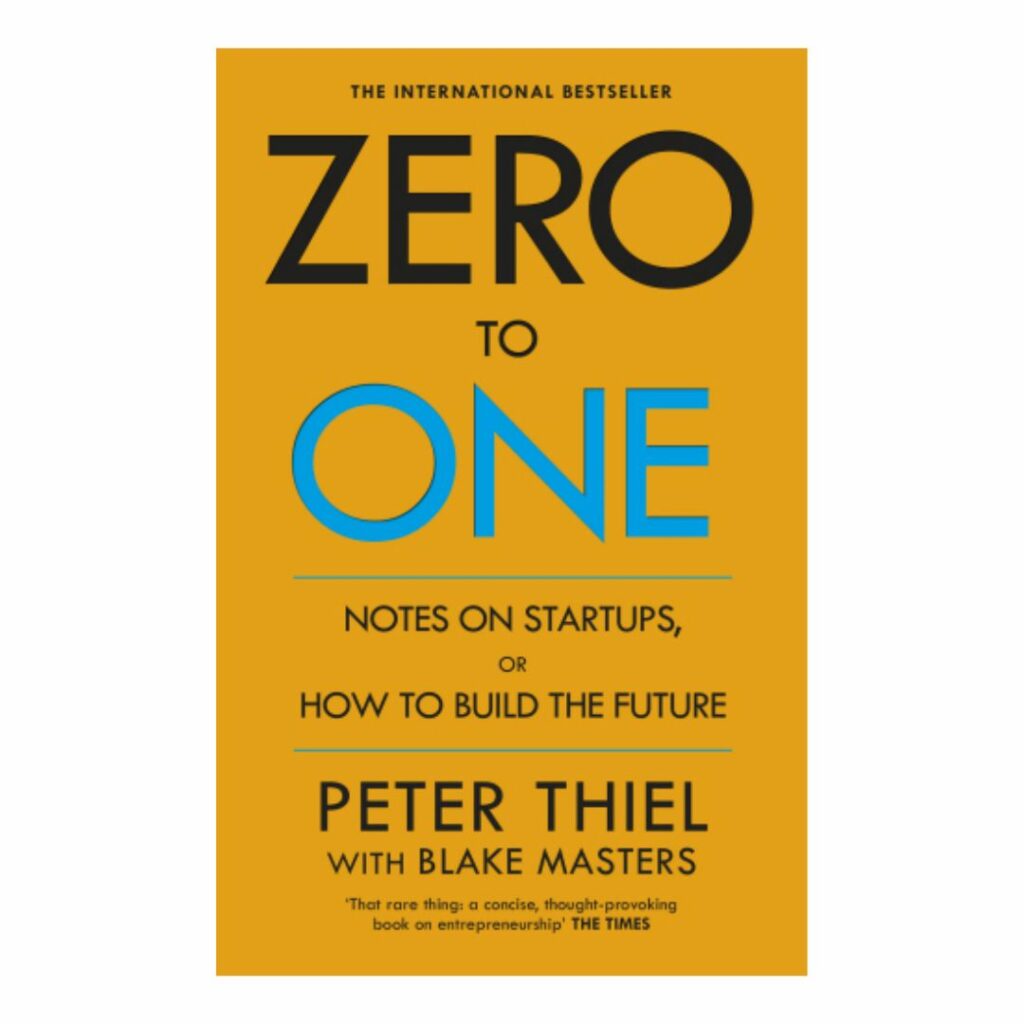
“Zero to One” by Peter Thiel with Blake Masters provides entrepreneurs with a fresh perspective on innovation and business creation. Thiel emphasizes the importance of building unique products that create new markets rather than competing in existing ones. This book helps entrepreneurs think differently and foster groundbreaking ideas.
Key Takeaways:
1.Monopolies: Aim to create monopolies by being unique.
2.Secrets: Look for undiscovered secrets to innovate.
3.Last Mover Advantage: Focus on creating lasting value, not just being the first.
4.Future Planning: Think long-term to build sustainable businesses
To read the book’s summary click below-
https://fourminutebooks.com/zero-to-one-summary/
7.”Blue Ocean Strategy” by W. Chan Kim and Renée Mauborgne
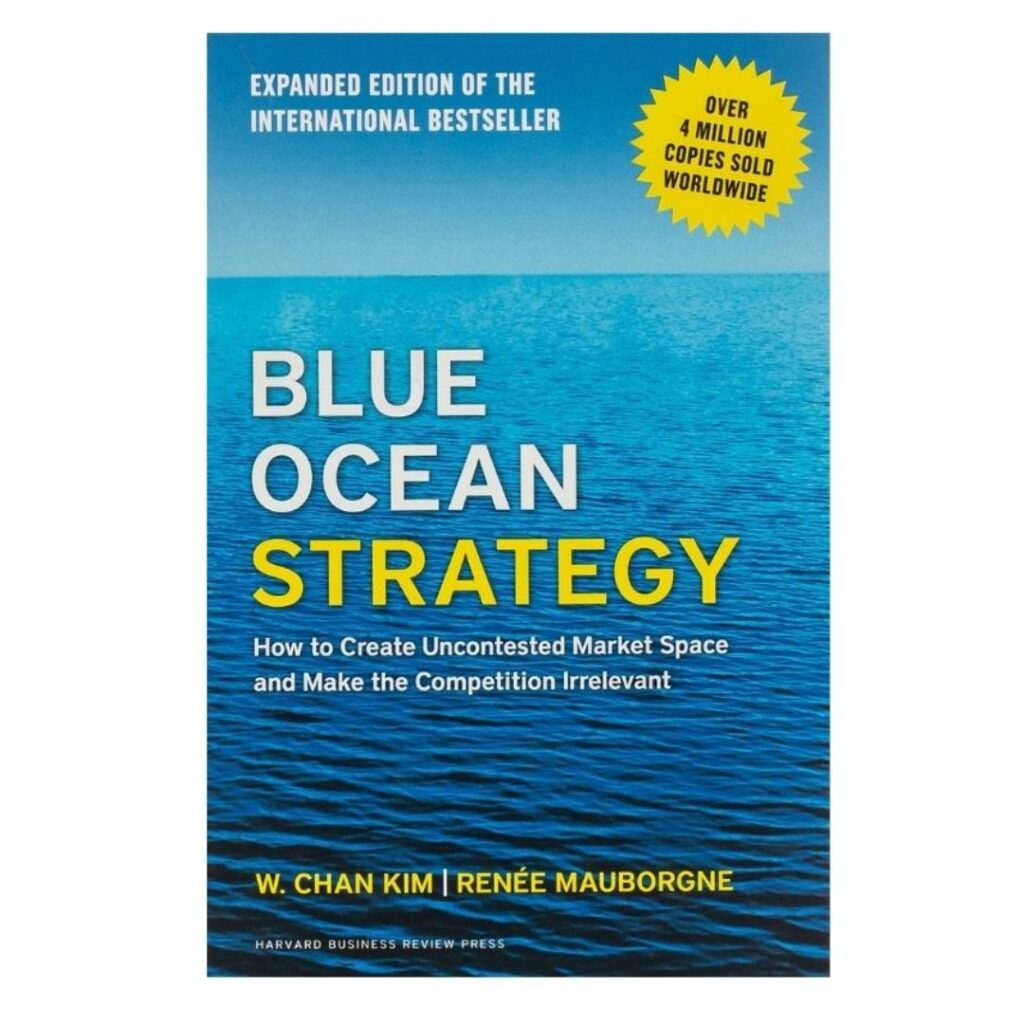
“Blue Ocean Strategy” by W. Chan Kim and Renée Mauborgne helps entrepreneurs by introducing the concept of creating uncontested market spaces, or “blue oceans,” instead of competing in saturated markets, or “red oceans.” This strategy encourages innovation and differentiation to capture new demand and drive growth.
Key Takeaways:
1.Value Innovation: Combining differentiation and low cost to create new market space.
2.Strategy Canvas: Visualizing current market competition and identifying opportunities.
3.Four Actions Framework: Reduce, eliminate, raise, and create to develop a unique value proposition.
By applying these principles, entrepreneurs can discover new growth opportunities and stand out in the market.
Take a look at the main idea of the book –
https://www.blueoceanstrategy.com/wp-content/uploads/2021/11/BLUE-OCEAN-STRATEGY-book-summary.pdf
Also read – “Zerodha’s Blue Ocean Strategy: Redefining Stock Trading in India”– https://businessaga.com/zerodha-stock-trading/
Remember, the path to success is paved with continuous learning and growth. So, pick up one of these best business books, immerse yourself in its wisdom, and watch how it transforms your approach to business. Happy reading, and here’s to your entrepreneurial success!

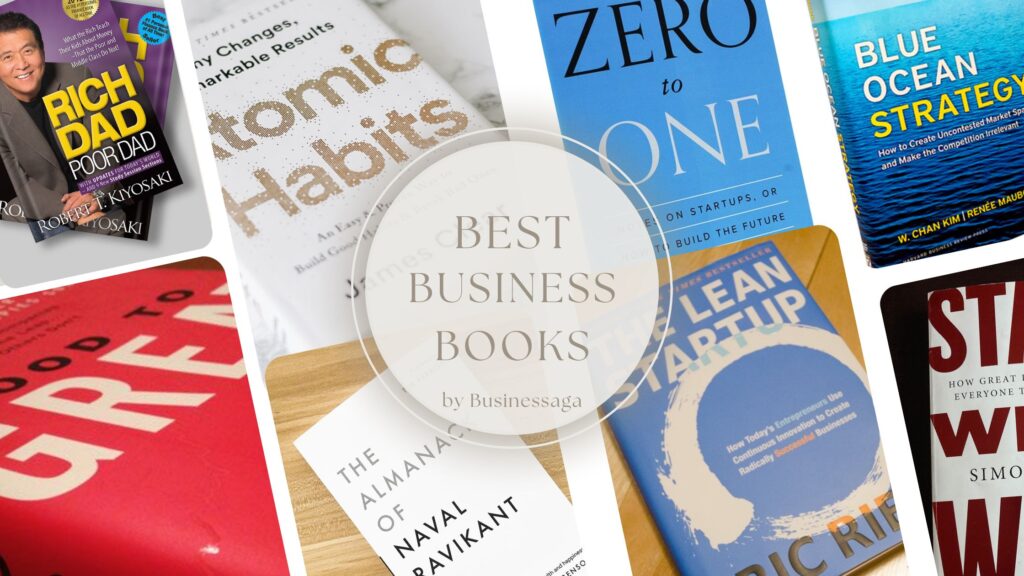
Pingback: “Zerodha’s Blue Ocean Strategy: Redefining Stock Trading in India” -
Pingback: "Top 10 Largest Fast food chains in the World 2024" -